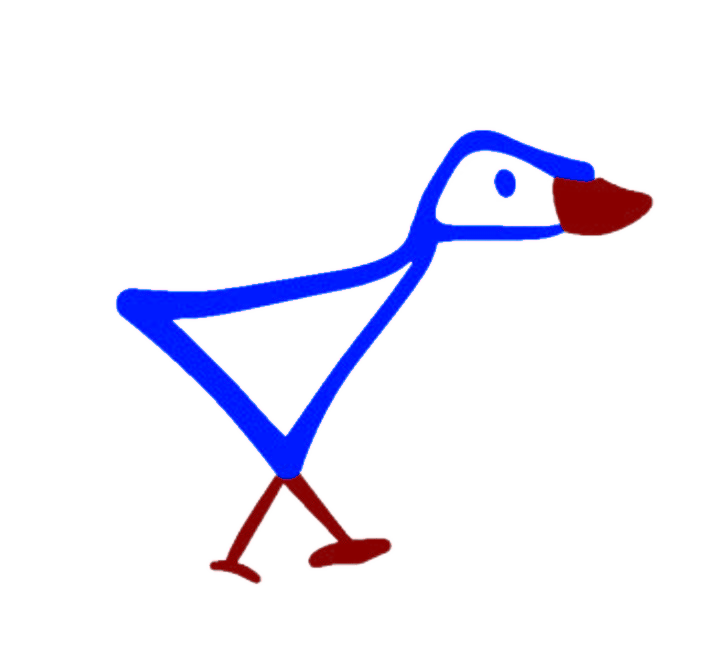Ivan Kataev
(1902−1939)
cousin
(1902−1939)
cousin
Born in 1902 in Moscow, Ivan Kataev spent his first 15 years there. He started his studies at a Moscow gymnasium and completed his gymnasium course in Suzdal, where he moved with his father in 1917. In 1919, he volunteered for the Red Army and joined the Russian Communist Party (Bolsheviks). During the Civil War, he fought in the Caucasus, serving in the political department of the 8th Army. It was then that he published his first poems in the "Krasny Put"newspaper. In Grozny, Ivan met some poets of the Proletkult and for some time was a member of the Union of Proletarian Writers.
After demobilization in 1921, he enrolled in the Faculty of Economics at Moscow University, and in 1923, joined the Russian Association of Proletarian Writers (RAPW). In 1925, he started his proactive collaboration with the "City and Village" magazine. From 1926 to 1932, he was one of the leaders of the "Pereval" and "Kuznitsa" literary associations. Also, he worked for the "Krasny Trud", "Krasnaya Nov", "Nashi Dostizheniya", and "Kolkhoznik" periodicals. He often went on creative trips to the North Caucasus, Altai, Urals, the Kola Peninsula, and Kuban.
He wrote his first story in 1927. His novel titled "Heart", highly praised by Anatolii Lunacharsky, was published in 1928. In 1930, he was severely criticized for his novel "Milk"which demonstrated "allegiance to the kulak ideology and abstract humanism". He was among the founders of the "Literaturnaya Gazeta" and soon became its executive secretary. In 1934, he was elected to the board of the Union of Writers of the USSR. The last publication in his lifetime, "Homeland", came out in 1936.
He fell victim to the Great Purge of 1937 along with Boris Pilnyak, Nikolai Zarudin, and ArtyomVesely, and was executed in May 1939. After his rehabilitation in 1956, his works were republished many times.
After demobilization in 1921, he enrolled in the Faculty of Economics at Moscow University, and in 1923, joined the Russian Association of Proletarian Writers (RAPW). In 1925, he started his proactive collaboration with the "City and Village" magazine. From 1926 to 1932, he was one of the leaders of the "Pereval" and "Kuznitsa" literary associations. Also, he worked for the "Krasny Trud", "Krasnaya Nov", "Nashi Dostizheniya", and "Kolkhoznik" periodicals. He often went on creative trips to the North Caucasus, Altai, Urals, the Kola Peninsula, and Kuban.
He wrote his first story in 1927. His novel titled "Heart", highly praised by Anatolii Lunacharsky, was published in 1928. In 1930, he was severely criticized for his novel "Milk"which demonstrated "allegiance to the kulak ideology and abstract humanism". He was among the founders of the "Literaturnaya Gazeta" and soon became its executive secretary. In 1934, he was elected to the board of the Union of Writers of the USSR. The last publication in his lifetime, "Homeland", came out in 1936.
He fell victim to the Great Purge of 1937 along with Boris Pilnyak, Nikolai Zarudin, and ArtyomVesely, and was executed in May 1939. After his rehabilitation in 1956, his works were republished many times.

References:
[1] V. Ogryzko. Another Kataev // Literaturnaya gazeta. 2021. No. 18.
[2] Twentieth Century Russian Literature. Novelists. Poets. Playwrights. Biobibliographical Dictionary. VOL. 2. PP. 173–175.
[3] E. Starikova. Responsibility // I.I. Kataev. Heart: Novellas and Short Stories. Moscow, 1980.
[1] V. Ogryzko. Another Kataev // Literaturnaya gazeta. 2021. No. 18.
[2] Twentieth Century Russian Literature. Novelists. Poets. Playwrights. Biobibliographical Dictionary. VOL. 2. PP. 173–175.
[3] E. Starikova. Responsibility // I.I. Kataev. Heart: Novellas and Short Stories. Moscow, 1980.



